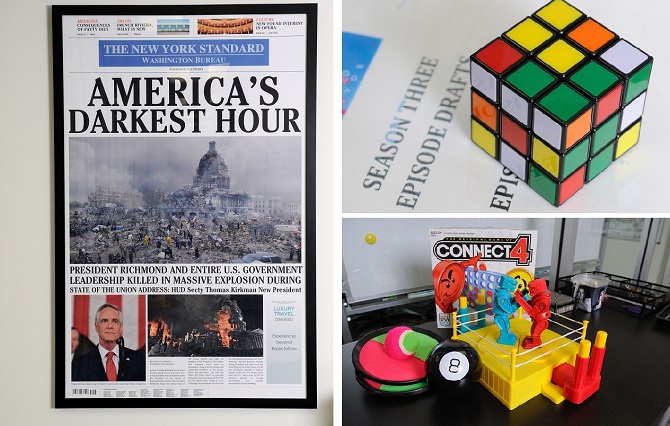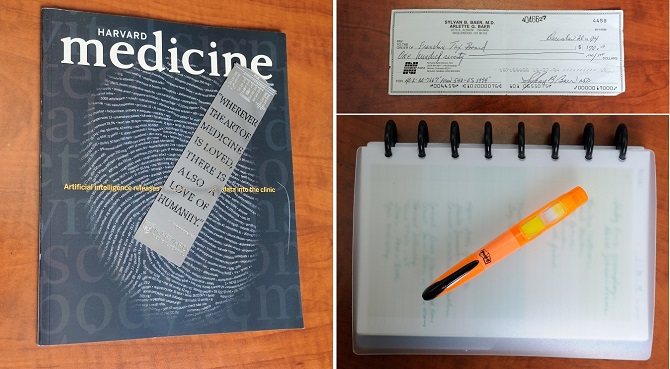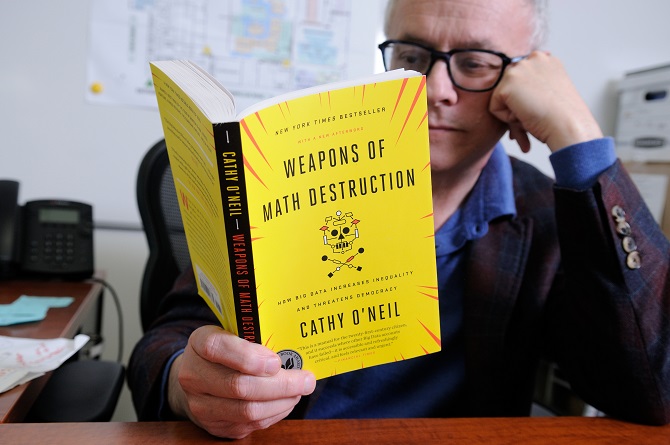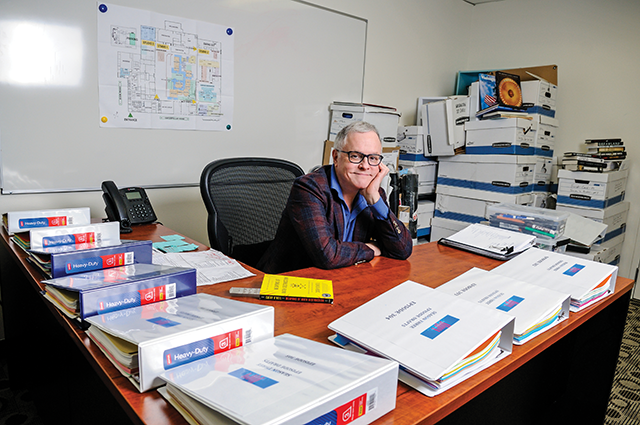For many Hollywood hopefuls, getting a day job means signing on as an Uber driver or barista while awaiting that big break. For veteran television producer Neal Baer, president of Baer Bones Productions in Hollywood, ensuring a job to fall back on meant enrolling at Harvard Medical School to become a pediatrician.
Baer’s radically edited bio: While at Harvard pursuing a graduate degree in sociology, Baer realized academia was not his calling. He talked his way into an undergraduate documentary filmmaking class, which led to success with TV documentaries and a move to Los Angeles to become a directing fellow at the American Film Institute, located in Hollywood Hills.
More TV success followed in series dramas, including a 1988 Writers Guild of America Awards nomination for “China Beach.” Baer clearly had more than a foot in the door in TV, but this did not keep this overachiever from worrying about career stability.
Answer: Medical school. But while pursuing his training, Baer received a copy of Michael Crichton’s 1969 script for “ER” and was called upon to update it. Baer completed his medical internship at Children’s Hospital Los Angeles over the course of five years, at the same time becoming what he describes as the first writer-doctor in TV. “I would give notes from the linen closet,” Baer joked.
“It was previously done with the medicine sprinkled on top by consultants,” Baer added. “Now, every medical series has doctors on staff. That started with ‘ER’”
Baer’s career continued with, among others, “Law & Order: SVU” and current Netflix Inc. series “Designated Survivor” (formerly on ABC).
Baer Bones is the name of his company, but bare bones could easily refer to the office surroundings, more notable for efficiency than style. Like a hospital examining room, you will find here the essentials only: a copious supply of colored markers for making the detailed story boards on the walls, neatly arranged binders designated for each episode, boxes of scripts, stacks of books, but virtually nothing to suggest a conscious color palette or a particular period style. Desk chairs are selected for comfort, not design.
Baer attributes his organizational skills to being the oldest of six children − and to his medical training. “Each episode is a patient,” he observed. “There’s a lot of different procedures going on. Just like in medicine, you have different procedures and tests going on. Being a physician is great training for being a storyteller because every patient has a story, and it’s up to you to discover it, home in on it and find what the significant details are.”
And Baer has never really stopped being a doctor, serving on the faculties of UCLA and Harvard, and as a public-health advocate with particular focus on HIV prevention and childhood obesity. He estimated that obesity-related health problems cost the United States $325 billion per year.
And expect to find Baer’s episodes occasionally infused with a little advice from the doctor. “On ‘Designated Survivor,’ we do talk about these things,” he said.




